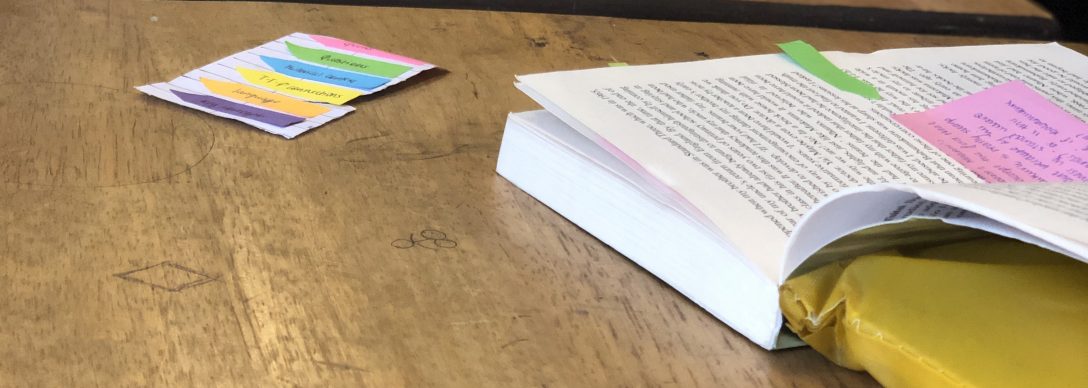Nancie Atwell’s Naming the World is a poetry anthology for middle school teachers that begins with a chunk titled, “What Poetry Can Do.” Atwell writes, “by the end of this introductory chunk, I hope every student is sold on the potential of poetry to give voice to something in the experience of his or her… Continue reading what can research do?
what is wrong with urgency? what is beautiful about patience?
This is my fourth piece exploring what it means to lead with love. See the other pieces at the links below: #1: learning love: a beginning #2: what does it mean to be love? #3: how do we lead with love through our mistake? What is wrong with urgency? What is beautiful about patience? When… Continue reading what is wrong with urgency? what is beautiful about patience?
understanding the research cycle
One reason why successful researchers are able to produce scholarship that is insightful, groundbreaking, and significant is because of the depth made possible by iterative work. There are times when this iterative nature of research work is obvious: when a solar cell scientist writes twenty two papers on perovskite solar cells, it is evident that… Continue reading understanding the research cycle
starting strong with research – the how
I recently wrote about why starting strong is crucial to starting writing projects in memoir and in research. I then wrote briefly about how I go about that with memoir. I teach research skills to folks ranging from 6th graders to mid-career educators, and I have found one thing to be true across all kinds… Continue reading starting strong with research – the how
some reflections on coaching
Many years ago, I wrote a piece about coaching with my friend Aishwarya. At that time, we wrote about being coached. Many years later, I am in the wilderness of coaching others. And I love it! But it struck me one day to re-read that piece and see if, after 4.5 years of coaching others,… Continue reading some reflections on coaching
how do we lead with love through our mistakes?
Teaching children is an act of love. But love, as a concept, needs to be unpacked. It can so often be misunderstood! Love can be used as an excuse to avoid the bad stuff, to give ourselves credit for the intention rather than the execution. This is the third post on what it means, truly, to be… Continue reading how do we lead with love through our mistakes?
starting strong with memoir– the how
I recently wrote about why starting strong is a crucial part of any type of instruction on where we are building voice: writing and research being the two things I most frequently teach. Just a day after I posted that piece, one of my students restarted an important writing piece that he’d been working on… Continue reading starting strong with memoir– the how
what does it mean to be love?
Teaching children is an act of love. But love, as a concept, needs to be unpacked. It can so often be misunderstood! Love can be used as an excuse to avoid the bad stuff, to give ourselves credit for the intention rather than the execution. This is the second post on what it means, truly, to be… Continue reading what does it mean to be love?
learning love: a beginning
A year ago or so, I built a curriculum around what I believed it takes to lead with love, meant for educators who fight every day for our children to have access to high quality, loving education. Pieces of that curriculum have found their way into much of the teacher professional development that I do.… Continue reading learning love: a beginning
starting strong ~ the why
Week 1 of a new YPAR project, and I am thinking about how to help students start strong with their research projects. This time, I am working with 40 6th grade students – the youngest group I have worked with on a research project. In previous writing workshops and research seminars, I developed a set… Continue reading starting strong ~ the why
